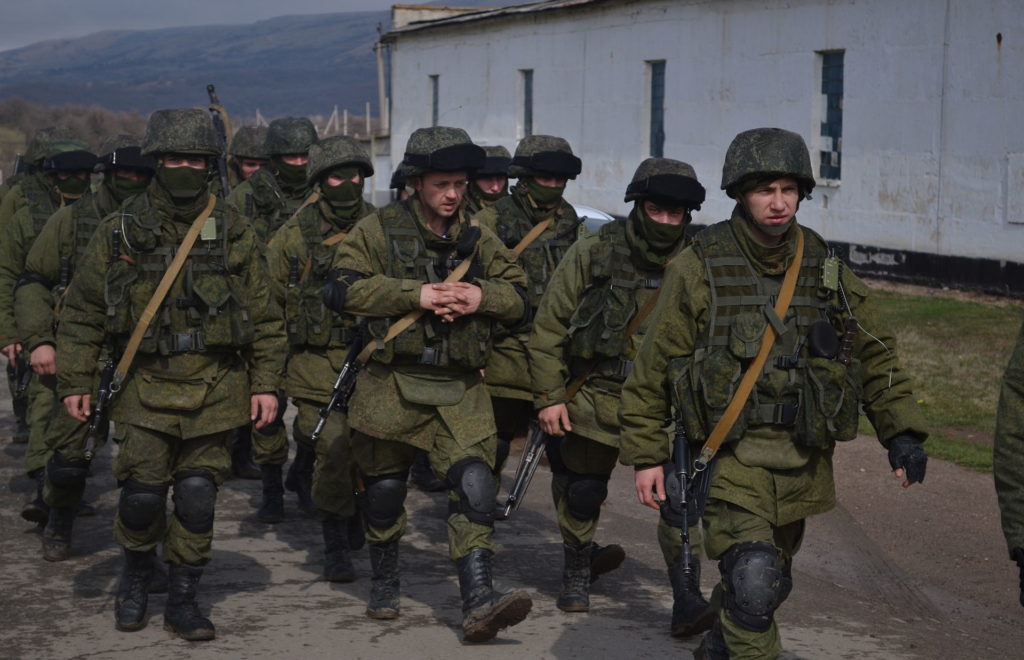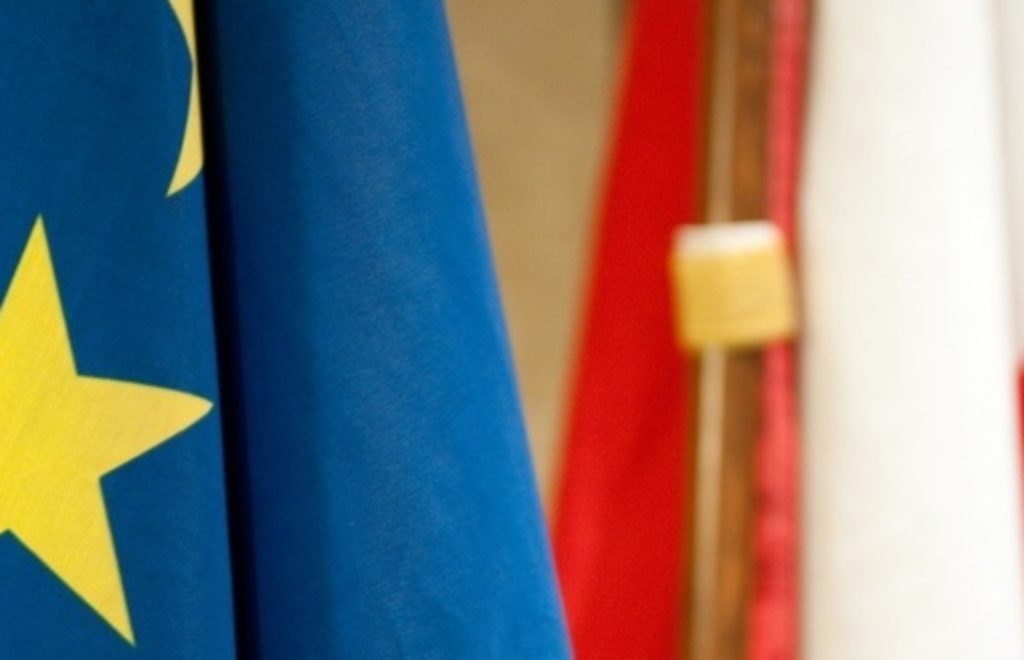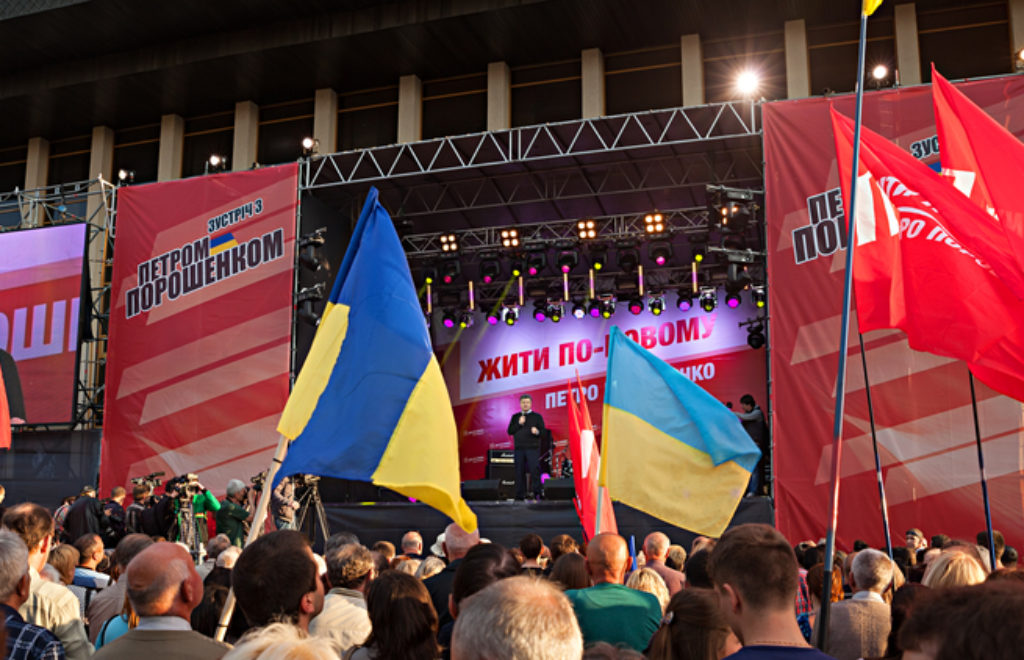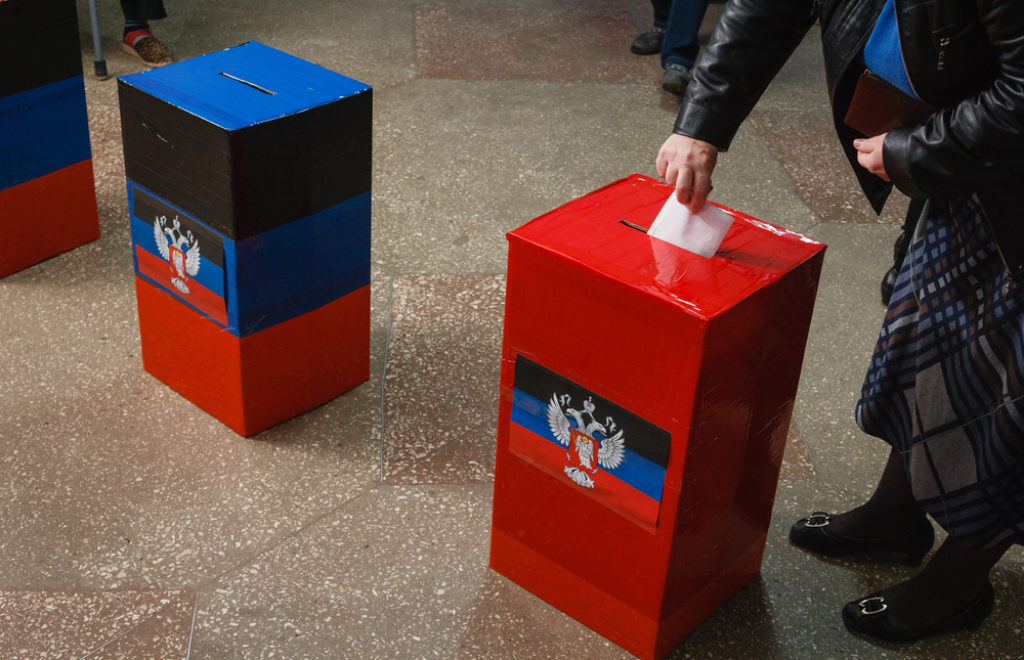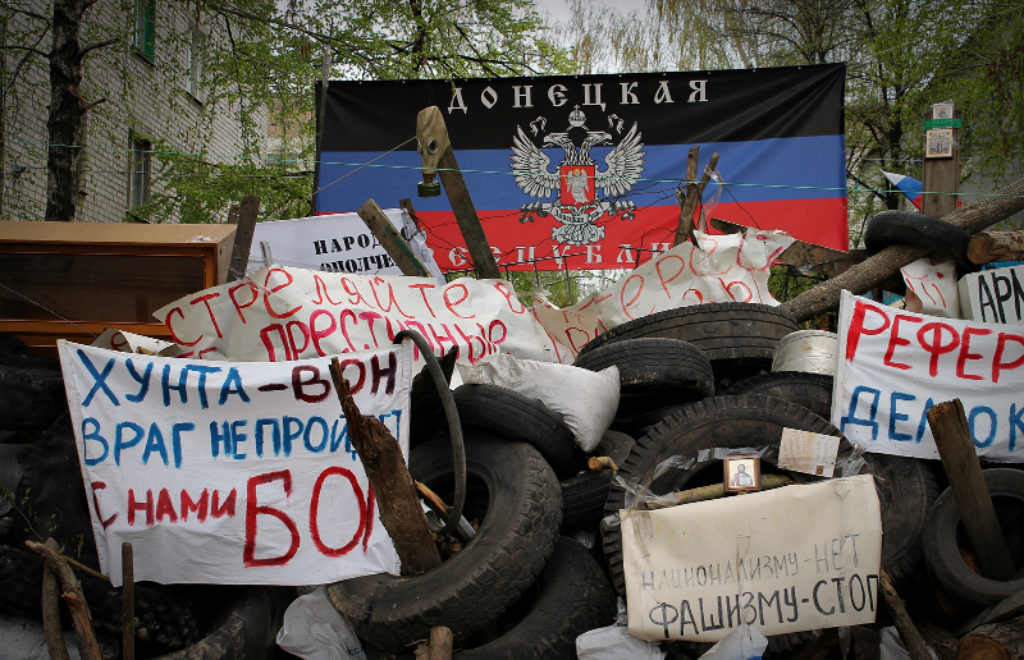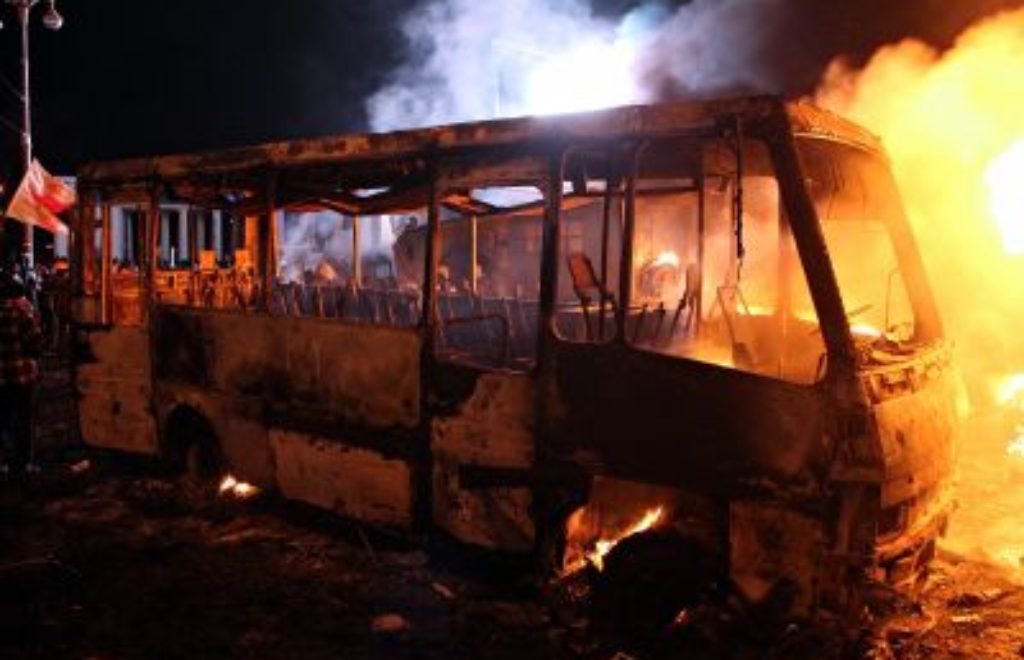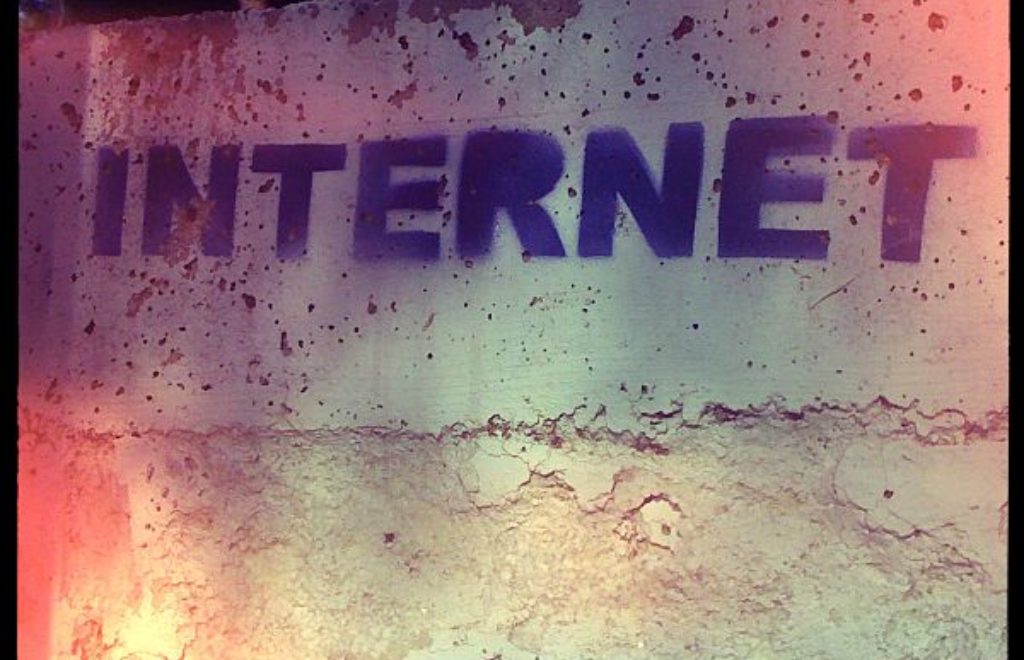How to set up your own para-state
The 1980s saw the gradual erosion of the Soviet Union and Yugoslavia which, in consequence, led to the disintegration of both states. As they began to burst at the seams, a wave of armed conflicts swept through these territories with different groups looking to regain control over disputed lands. Within the former Soviet republics, separatist entities began to declare independence. In the 1990s alone, ten para-states emerged in the former Soviet bloc, out of which four have survived to this day.
April 26, 2018 - Paweł Pieniążek


